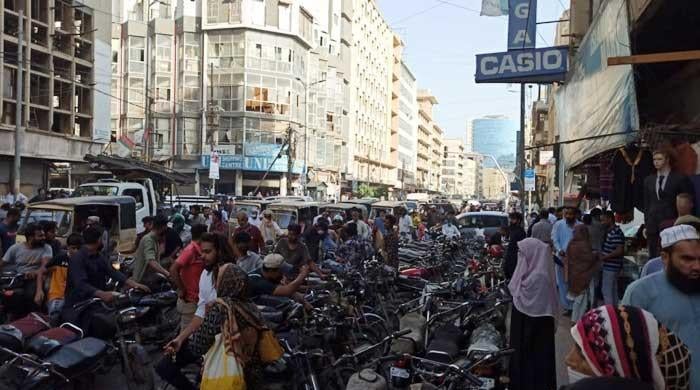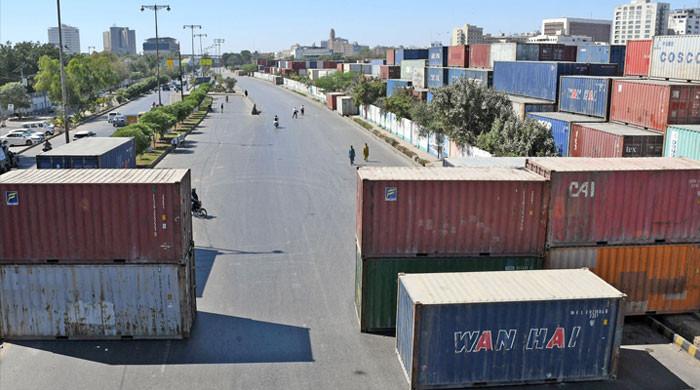Missing persons activist Inamur Rahim in state custody, admits government
Former army officer being questioned in relation to a case, says defense ministry official
January 02, 2020
A representative of the Ministry of Defense on Thursday confirmed that retired Col Inamur Rahim was in the custody of law enforcement agencies and is currently being interrogated.
The revelation came during the hearing of a case related to Rahim's abduction from his home in Rawalpindi on the night of December 16. The case is being heard at the Rawalpindi registry of the Lahore High Court.
The court expressed its anger on the matter and summoned the additional attorney general for further queries related to the case before postponing the hearing until tomorrow.
Also read: Missing persons' lawyer Col (r) Rahim abducted by unidentified men in Rawalpindi: son
Two weeks ago, Rahim, who has fought court cases on behalf of the families of several missing persons, had been picked up from his home in Rawalpindi by unidentified men.
Rahim, according to his son Husnain Inam, was abducted from his home in the Askari 14 housing scheme of the garrison city. Husnain said that around eight to 10 persons had "picked up" his father from the house.
"They gained entry into our house by claiming to be my friends. My mother had opened the door [thinking they were my friends]," he had stated. "These people were armed, they forcibly woke my father up before taking him along," he had said.
According to the son, his father was whisked away in a car with black mirrors, while another vehicle with black mirrors followed behind.
"The incident occurred around midnight," he had said.
Also read: PM Imran directs govt committee to meet MQM-P leadership
In a monthly progress report last year, the Commission of Inquiry on Enforced Disappearances (CIED) had reported that 6,051 cases had been registered before the CIED since March 2011.
Out of these, 3,793 cases had been “disposed”, while 2,258 cases were still pending. Significantly, out of the 3,793 cases “disposed” by the CIED, 743 “missing people” were traced to different internment centers.
Some 468 people were located in prisons; and 189 people were found to have passed away. The Commission provided no information on steps taken to establish the circumstances behind these detentions or deaths.











